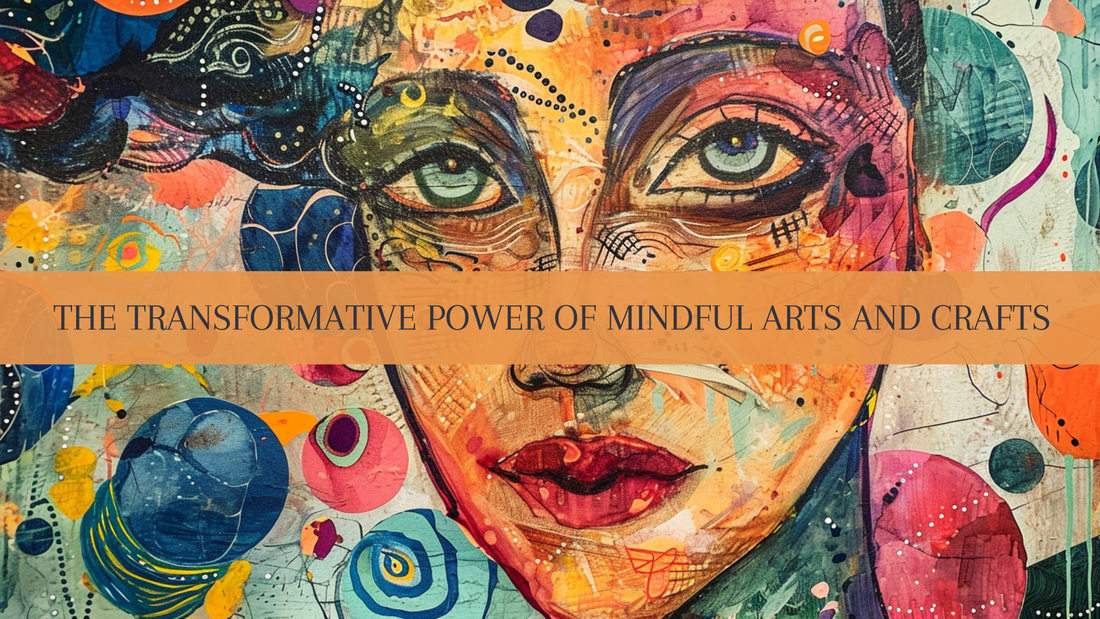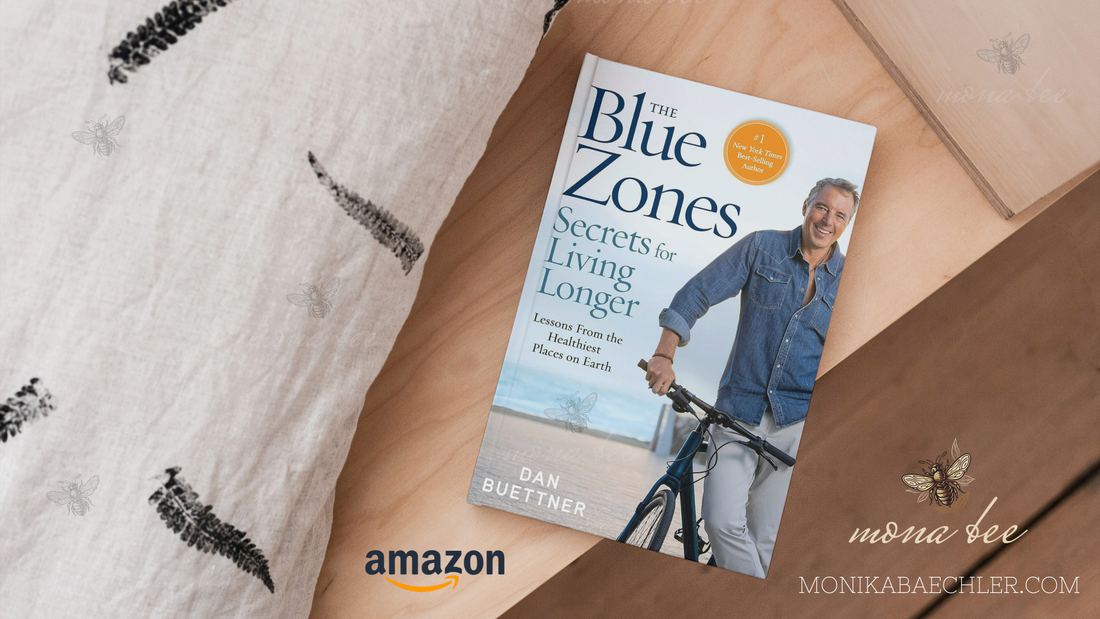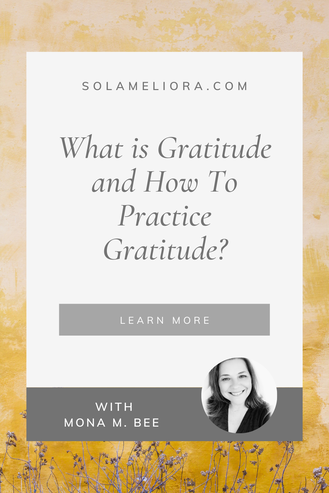|
Introduction Finding moments of peace and tranquillity can be challenging in a world where life seems to be constantly accelerating. This is where mindful arts and crafts practice emerges as a beacon of serenity and self-expression. Rooted in the principles of mindfulness, these activities offer a unique blend of creativity and meditative focus, providing a therapeutic escape from the stresses of daily life. What is Mindfulness in Arts and Crafts? At its core, mindfulness is about being fully present in the moment and aware of our thoughts and feelings without distraction or judgment. This approach transforms simple creative activities into powerful mental well-being and self-discovery tools when applied to arts and crafts. Deepening the Connection with the Self When engaging in mindful arts and crafts, the individual becomes deeply connected with their inner self. This connection fosters a heightened awareness of personal thoughts, emotions, and body sensations. As one paints, draws, or crafts, they become more attuned to their inner emotional states, often leading to insights and revelations about themselves that might otherwise remain unexplored. The Art of Mindful Observation Mindful arts and crafts teach the art of observation. Practitioners learn to observe their creative choices – the colours, textures, and forms they are drawn to – and reflect on what these choices reveal about their current state of mind. This reflection can be a powerful tool for self-understanding and emotional healing. Transforming Thoughts and Emotions into Art This approach allows individuals to channel their thoughts and emotions into something tangible. It’s a form of non-verbal communication with oneself, where emotions that are difficult to express in words find a voice through art. This process can be incredibly liberating and therapeutic, particularly for those dealing with stress, anxiety, or emotional blockages. The Meditative Quality of Creative Flow Arts and crafts, when performed mindfully, can lead to a state of 'flow' – a term coined by psychologist Mihaly Csikszentmihalyi. In this state, individuals become so immersed in their activity that they lose track of time and are entirely absorbed in the moment. This flow state has been linked to increased happiness, lower stress levels, and a sense of profound fulfilment. Fostering Mindfulness Skills Regular mindful arts and crafts practice can cultivate critical mindfulness skills such as concentration, attention to detail, and patience. As one becomes more practised in focusing on the task at hand, these skills can transfer to other areas of life, improving overall mental focus and clarity. The Role of Acceptance and Non-Judgment A critical aspect of mindfulness in arts and crafts is the practice of acceptance and non-judgment. This means accepting one's creative process as it is, without self-criticism or striving for perfection. It encourages embracing mistakes as part of the learning and growing process, fostering a kinder, more compassionate attitude towards oneself. In conclusion, mindfulness in arts and crafts is not just about creating art; it's a holistic practice that nurtures mental, emotional, and sometimes even spiritual well-being. It's an opportunity to connect deeply with oneself, express emotions creatively, and develop a mindful approach to life, one brushstroke at a time.
0 Comments
I binge-watched the documentary series in two evenings. It was a captivating journey into the lives of centenarians from around the world, and it left me inspired and filled with a profound appreciation for the joys of life. In "Live to 100: Secrets of the Blue Zones," I had the privilege of experiencing individuals who have not only crossed the remarkable milestone of 100 years but are also thriving in ways that defy conventional wisdom.
What struck me the most was that these centenarians were not confined to impersonal elderly care facilities but were surrounded by the warmth of their families and communities. In a world where we often find ourselves swept away by the currents of modernity, witnessing the unwavering devotion of these remarkable individuals to their friends and communities was nothing short of heartwarming. The documentary provided a unique window into the lives of these beautiful souls who have generously mastered the art of living and shared their wisdom. It was a journey that enriched and enlightened me, and I wholeheartedly urge you to experience it on Netflix. In this article, we'll delve into the profound lessons and insights from the Blue Zones, where centenarians thrive and defy the norms of ageing. These remarkable individuals have unlocked the secrets to longevity, and their wisdom can inspire us all to lead healthier, more fulfilling lives. Let's embark on this extraordinary journey together. Have you ever wondered what it takes to live a long and fulfilling life? The Netflix documentary "Live to 100: Secrets of the Blue Zones" by Dan Buettner explores this question by taking us on a global journey to regions where people consistently live past 100 years. These areas, known as Blue Zones, include Okinawa, Japan; Ikaria, Greece; Sardinia, Italy; Nicoya, Costa Rica; and Loma Linda, California. For those who aren't familiar with Gratitude, the feeling of gratitude is a deep appreciation for all that we have in life. It's not just about counting your blessings but also meaningfully and sincerely appreciating them. For example, one person can be grateful for having a roof over their head, while another might be grateful they can eat three meals daily.
Gratitude has been shown to benefit our physical health and mental well-being. In addition, studies show that practising gratitude can lower stress levels, improve sleep quality and strengthen relationships with others. In this article, you'll learn about gratitude's science and how it can improve your life! What is gratitudeGratitude is a positive emotion we feel when focusing on the good things in our lives. It's not about focusing on what you don't have but appreciating what you do. Gratitude can be practised in many ways and every day, even if it only takes a few seconds to pause and reflect on all the great things in your life. When we practice gratitude, we live happier lives because we feel more satisfied with our current situation. How to practice gratitudeThe best way to practice gratitude is by keeping a gratitude journal. This can be done in several ways, like writing down your grateful thoughts on paper or typing them up and saving them as a text document. Alternatively, you can use an app like [the Gratitude App], which allows you to record your experiences and emotions over time in the form of photos and videos. Having a gratitude journal allows you to reflect on what makes you happy - whether it be a memory from the past or something extraordinary happening right now! Here are some other ways that I've found helpful in maintaining my sense of gratitude:
Conclusion I hope this article has helped you learn more about what it means to be grateful. Gratitude is a powerful tool that can change your life, but only if you practice it. So what are you waiting for? Get started right now! According to Harvard University, gratitude is strongly and consistently associated with greater happiness in positive psychology research. Gratitude helps people feel more positive emotions, relish good experiences, improve their health, deal with adversity, and build strong relationships. Mona M. Bee Being happy is a choice.
You can decide how your day will go every minute of the day. You can choose to be sad and depressed, or you can choose to get up out of bed and say, "today is going to be a great day!" It's common to wake up in the morning feeling unmotivated, but that doesn't mean anything. Your life isn't as bad as you think; you're in a warm bed. So get up, grab that coffee (or tea) and start your day by making choices that will make you happy! It's important to remember that you can choose how you feel about anything at any time. So if you're feeling down, it's time to start making positive choices like "I'm going to be happy." Or even better, have something positive to say about someone else or compliment them. There are many ways to choose happiness every day. For example, you can choose not to let other people's actions affect your mood or behaviour. You can choose things that make you happy instead of just doing what others want. You can focus on the positive instead of the negative. And you can be grateful for what you have instead of dwelling on what you don't have. Getting angry and wasting energy doesn't do anything but make you unhappy. Anger is a negative emotion that doesn't solve anything and can lead to regret. Instead of getting angry, try to be patient with yourself and others. It's not about what happens in your life that makes you happy, but how you react to it. Baby steps are a great way to get started on the road to happiness. Keep learning how to be happier every day. You can do it! It Where do you start? One way to start becoming happier is to focus on the things you are grateful for. So every day, take a few minutes to think about the things that make you happy or bring you joy. This could be your family, friends, pets, hobbies, or anything else that brings you happiness. By focusing on the positive aspects of your life, you can shift your perspective and start seeing the good in your life. Another way to start becoming happier is to take care of yourself. This means ensuring you get enough sleep, eat well, exercise, and take time for yourself. When you are well-rested and nourished, you will have more energy and a better mood. Exercise, in particular, has been shown to positively affect mood and can help reduce stress and anxiety. Self-care melts into Self-Love. Finally, try to surround yourself with positive, supportive people. Spend time with friends and family who lift you up and make you happy. Avoid negative people or situations that bring you down. By focusing on the positive and surrounding yourself with supportive people, you can become happier. Mona M. Bee Invisible Triumphs: A Journey Through the Mind
In the corners of the mind, there exists a vast expanse. A terrain of thoughts, emotions, memories, each carving its unique winding path, forming an intricate tapestry of human experience. These elements, woven together, constitute the essence of our being. Yet, there are threads darker than others, heavier, demanding attention, demanding to be felt. Mental health, a subject often left unspoken, hides within this rich tapestry. A silent struggle, it mirrors the depth of human resilience. This journey is one of peaks and valleys, filled with battles unseen, wounds untended, and victories uncelebrated. It is an inward journey that may appear lonely but far from solitary. To endure is to be human. To persevere is to defy the odds. Mental health is not a sign of weakness but a testament to strength. A struggle that reveals the raw power of endurance, the courage to continue, and the will to keep fighting. And in this struggle, there is an undeniable beauty. When faced with darkness, resilience becomes our beacon, guiding us through the turbulent sea of fear, anxiety, depression. Each wave faced, and storm weathered contributes to shaping our existence, an ode to survival, a homage to never giving up. Despite the hardships, we must remember that there is always a dawn following the darkest night, a calm after the most devastating storm. The world within our minds can be both our greatest enemy and our most powerful ally. The key lies in understanding, accepting, and nurturing it. This narrative is for the brave, those who refuse to be defined by their struggles. It is a call to embrace the journey, recognize the power within, rise above, persist, and never give up. Mona Bee |
AuthorMona is a versatile writer with experience in both fiction and non-fiction. She deeply loves the written word and is always seeking new and exciting ways to explore the human experience through her writing. Archives
January 2024
Categories
All
|





 RSS Feed
RSS Feed